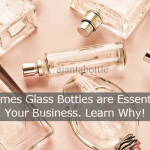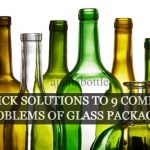While it takes a few seconds to analyze the first impressions of a person, it only takes a fraction of that time for a customer to examine your goods against the competition on the shelf. A buyer may not taste your item before coming to a decision. Instead, they may judge a book by the cover or an item by its packaging. It is where the material comes into play. The vast majority of jars, bottles, and jugs on the aisles comprise glass or plastic, and there are a few compelling reasons why Glass Bottles, in all its bulky beauty, is preferable to plastic.
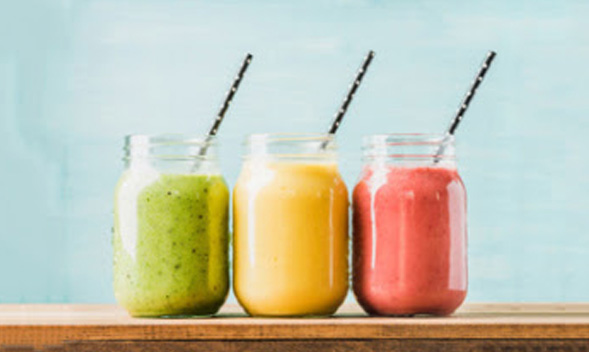
Perceived Quality
Food products packaged in Glass Jars have a higher level of attractiveness than those packaged in plastic. Glass provides a premium experience in terms of look, feel, and weight. It is important for luxury fruit drinks, craft iced lattes, and other products that wish to project a refined image for advertising.
Characteristics And Chemical Compatibility
Glass’s inertness and impermeability make it suitable for sensitive items in the pharmaceutical and personal care industries and liquids that must be stored for long periods, such as spirits and other alcoholic beverages. Because it is less permeable to CO2 and O2, it keeps fizzy drinks bubbling for longer. Glass Containers can withstand a wide range of temperatures and will not distort when pasteurized.
Environmental Factors and Recycling
Even though glass requires more energy to create and ship, it is 100% recyclable. It means that when glass is recycled, the end product maintains its quality. Because glass can be washed and sanitized, one can reuse it. Although you can recycle most plastics, they do degrade over time. It implies that when you recycle a plastic bottle, it is often used for synthetic garments or carpets rather than making another bottle.
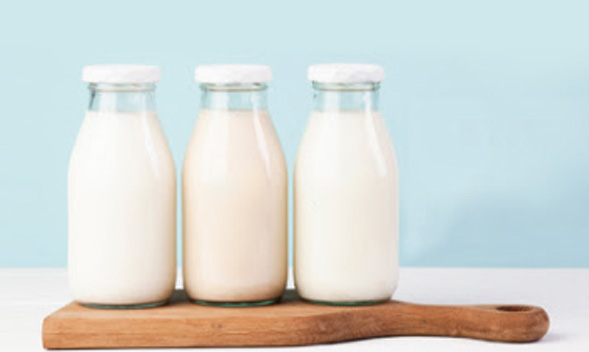
Toxicity
Glass containers are non-toxic, free of potentially dangerous compounds, and do not have links to any detrimental health effects. It has a lower porosity than plastic. Even when confined for extended periods, it has excellent resistance to seeping into your goods. As public awareness of bisphenol A (BPA) and other possibly toxic substances in plastics grows, people want to use organic or all-natural goods like glass items.
Why Should You Love Glass?
Glass is more hygienic than plastic. Glass has a nonporous surface that does not absorb microorganisms (and smells). You may safely clean glass in your dishwasher at extreme heat. You may reuse and recycle your glass jars multiple times, which saves you money. You don’t have to wait for the food to cool completely before storing leftovers inside glass containers. In contrast to ceramic or SS containers, glass allows you to see what’s inside. You can securely monitor food while reheating without touching the lids because you can look inside a Glass container.
When opposed to its plastic alternative, anything served from a Glass Container absolutely tastes better. Unlike plastic, glass is free of hazardous compounds including phthalates, and polycarbonate. As a result, nothing can seep into the liquid you’re drinking from a Glass Container. Aside from the recycling issue, you’re most likely to reuse your glass jars, jugs, and containers repeatedly and in inventive ways.
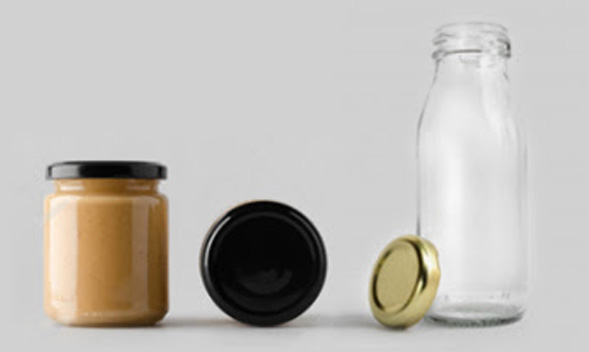
Aside from not needing to worry about harmful chemicals seeping from a petroleum-derived substance, glass is just more durable and endures the passage of time. Glass is a stunning material. It contains our ancestors’ and forefathers’ history. It’s romantic and nostalgic. You wouldn’t put a message in a plastic bottle and chuck it into the water, would you?
Conclusion
The glass looks better, feels better, is better! Glass packaging looks way better and sophisticated than any plastic material. As a result, Ajanta Bottle, one of the leading suppliers, offers high-quality, exquisite Glass Containers as a packaging design option. They also sell high-quality glass bottles for a low price. Visit their website today to order Glass Containers to brighten up your packaging.




